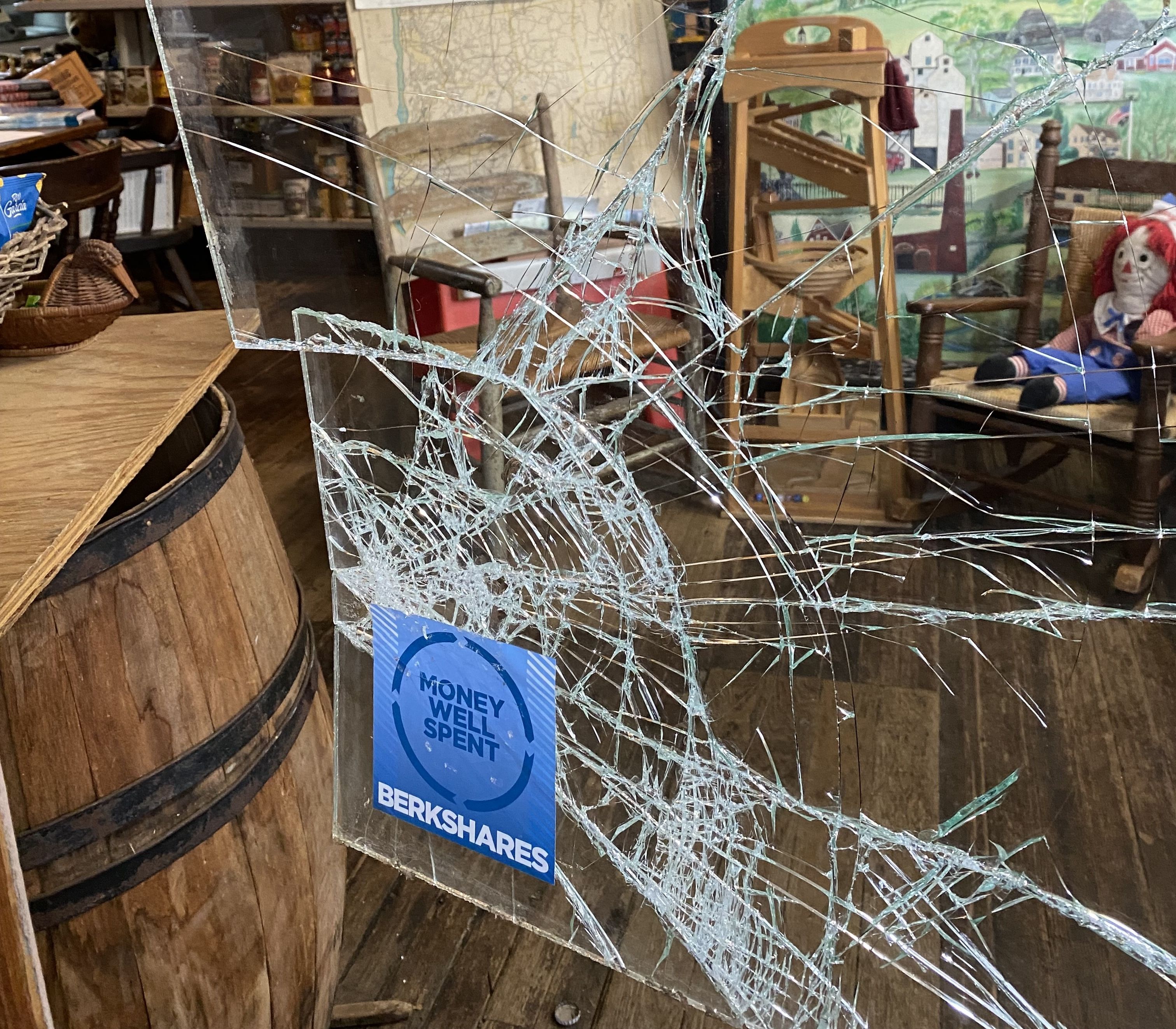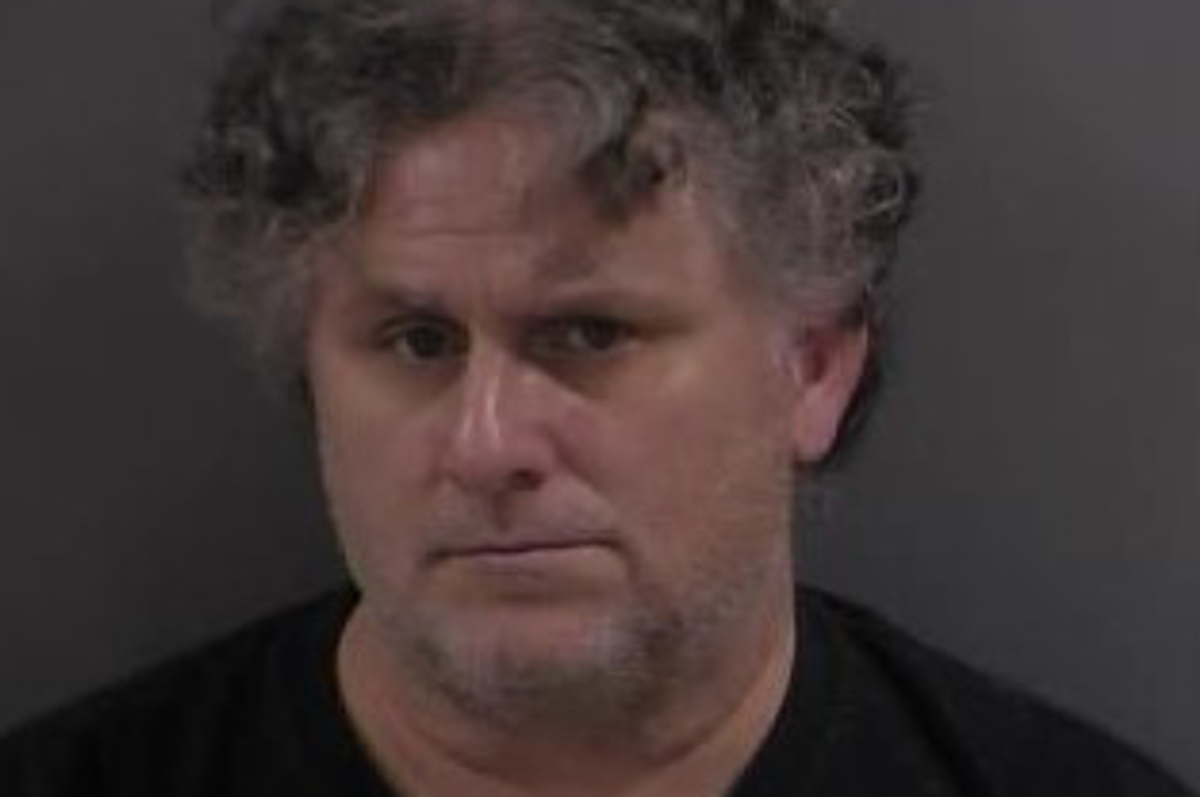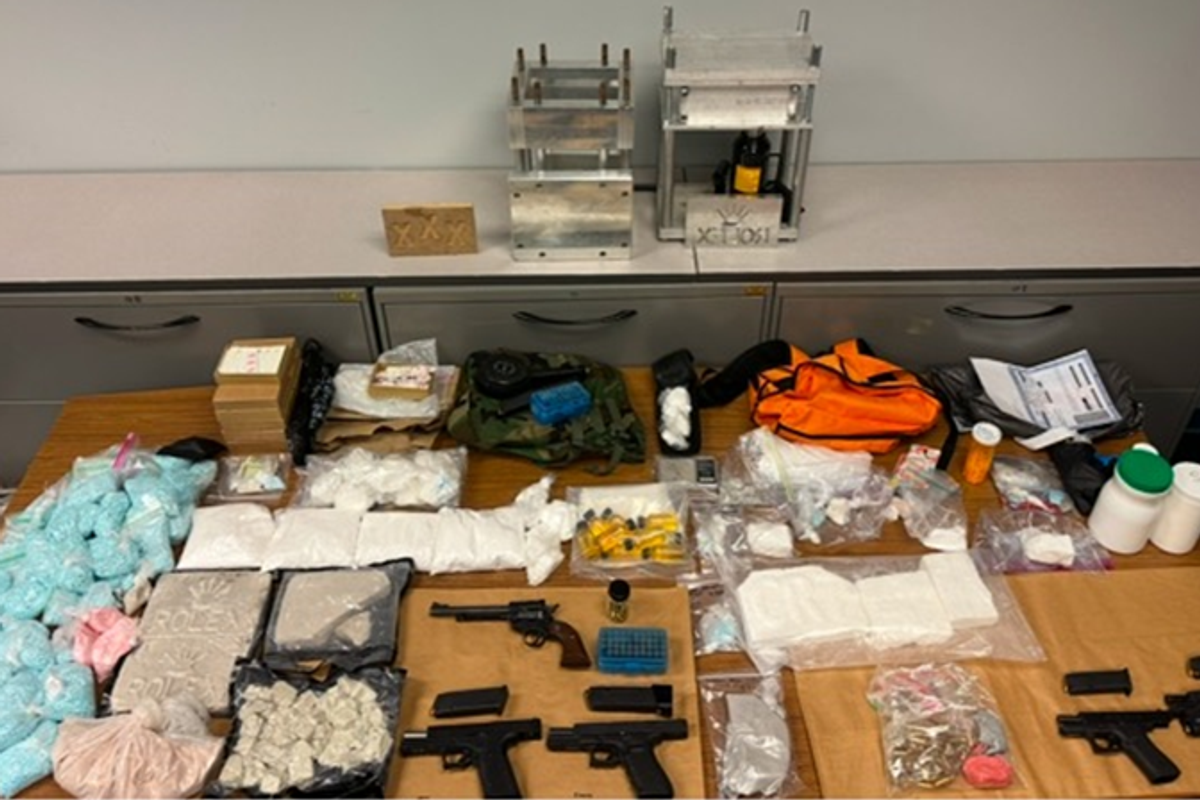Wassaic’s tranquility interrupted by series of break-ins

Damage to the front door of Calsi’s General Store in Wassaic was evidence of a break-in that occurred on Sunday, July 28, one of a series of incidents spanning a week that upset the customary calm. The hamlet community joined together in sharing concerns for safety but were divided over the best way to proceed.
Photo by Leila Hawken
 About 70 people came to the Wassaic fire station for Kirk Imperati’s visit Friday, Aug. 2. Photo by Nathan Miller
About 70 people came to the Wassaic fire station for Kirk Imperati’s visit Friday, Aug. 2. Photo by Nathan Miller










 Interior of the Linde Center for Music and Learning.Hilary Scott, courtesy of the BSO
Interior of the Linde Center for Music and Learning.Hilary Scott, courtesy of the BSO




